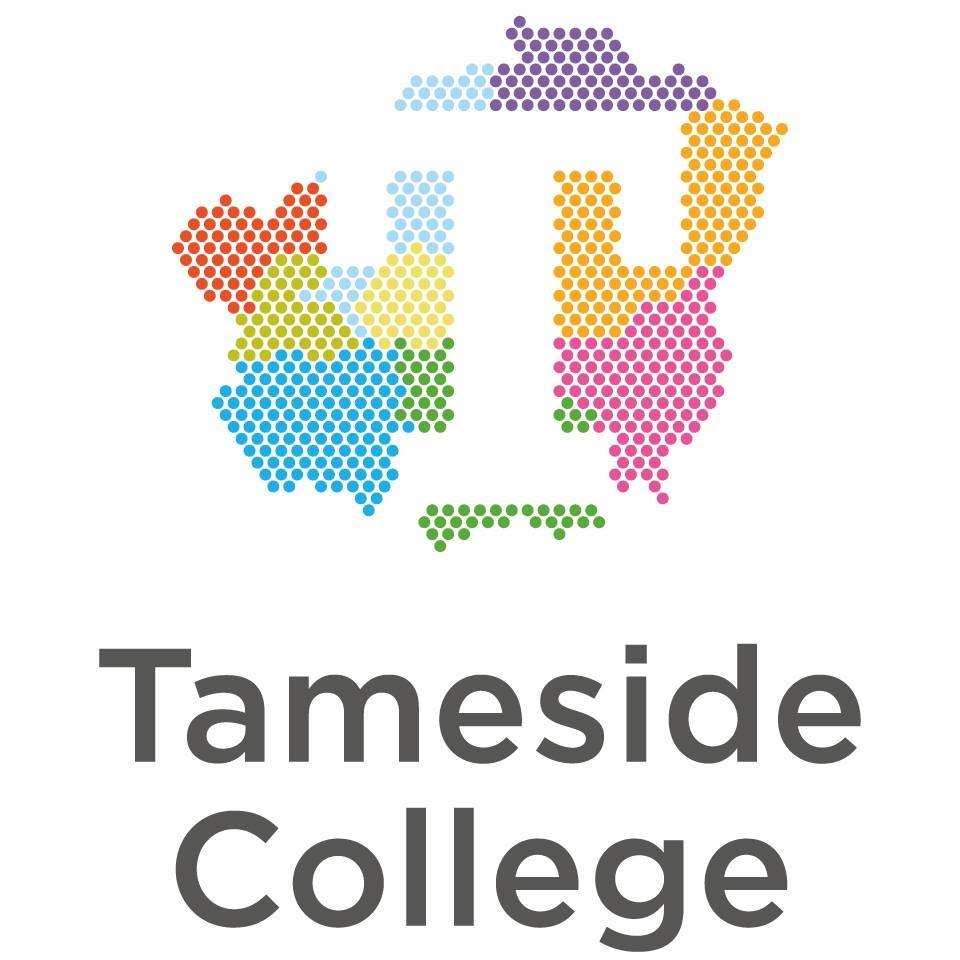Business administrators have a highly transferable set of knowledge, skills and behaviours that can be applied in all sectors. This includes small and large businesses alike; from the public sector, private sector and charitable sector.

Course content & format
An apprenticeship is a programme which includes training at work with your employer and off the job training. It is for
Business administrators have a highly transferable set of knowledge, skills and behaviours that can be applied in all sectors. This includes small and large businesses alike; from the public sector, private sector and charitable sector.
The role may involve working independently or as part of a team and will involve developing, implementing, maintaining and improving administrative services. Business administrators develop key skills and behaviours to support their own progression towards management responsibilities.
The responsibilities of the role are to support and engage with different parts of the organisation and interact with internal or external customers. With a focus on adding value, the role of business administrator contributes to the efficiency of an organisation, through support of functional areas, working across teams and resolving issues as requested. The flexibility and responsiveness required allows the apprentice to develop a wide range of skills.
The business administrator is expected to deliver their responsibilities efficiently and with integrity – showing a positive attitude. The role involves demonstrating strong communication skills (both written and verbal) and adopting a proactive approach to developing skills.
The business administrator is also expected to show initiative, managing priorities and own time, problem-solving skills, decision-making and the potential for people management responsibilities through mentoring or coaching others.
Your learning experience
An apprenticeship is a paid job where the employee learns and gains valuable experiences. They are a great opportunity for people over the age of 16 in England who are early in their career, looking for a career-change, or looking to upskill in their current job.
Alongside on-the-job training, apprentices spend at least 6 of their working hours each week completing off the job training, usually at college, which leads to a nationally recognised qualification.
An apprenticeship includes:
paid employment with holiday leave
hands-on-experience in a sector/role of interest
at least 6 hours off-the-job training
formal assessment which leads to a nationally recognised qualification
Tameside college will work with you to find a suitable employer for your apprenticeship, or you may already have an employer who is willing to support you on your apprenticeship journey.
Apprentices must be paid at least the apprenticeship minimum wage. More information about the apprenticeship minimum wage can be found at https://www.gov.uk/national-minimum-wage-rates
Entry qualifications
Level 2 apprenticeships: 3 x GCSE grade 3 and minimum GCSE grade 1 in maths and English (or equivalent)
Level 3 apprenticeships: 4x GCSE grade 4 and minimum grade 3 in Maths and English (or equivalent)
How is this course assessed?
You will be assessed for your apprenticeship at work by your visiting skills coach and for the knowledge/technical elements at college by your teacher. Evidence produced in the workplace for your apprenticeship programme will be continually assessed on an ongoing basis throughout your apprenticeship.
At the end of your apprenticeship you will sit an end point assessment (EPA). End-point assessments test the knowledge, skills and behaviours that an apprentice has gained during their training. Unique to each standard, EPA demonstrates the competence of an apprentice in their role. This competence is valued by current and future employers.
What can I do next?
After completing an apprenticeship, you could continue to train for an advanced, higher, or degree level apprenticeship, or a related vocational qualification. Many people continue their progression with the same employer they undertook their apprenticeship with. Alternatively, on completion of a level 3 apprenticeship, you could go on to university.
We are an Ofsted 'Good' rated further education college in Greater Manchester offering Vocational, Apprenticeship, Adult, School Leaver and Degree courses.
© 2025 coursetakers.com All Rights Reserved. Terms and Conditions of use | Privacy Policy